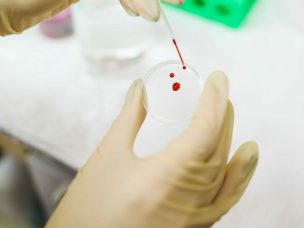There are known reproductive health risks associated with sickle cell disease (SCD). However, the medical literature on this subject is limited. This report, published in the British Journal of Haematology, sought to summarize what is known about the reproductive health risks faced by women with SCD. Its areas of focus included contraception, fertility, hormone therapies, menstruation, and pregnancy.
The report found that some girls and women with SCD experience dysmenorrhea with menstruation associated with acute vaso-occlusive pain. Moreover, girls and women with SCD are more likely to use barrier methods of contraception and more likely to have an unintended pregnancy.
For women with SCD who wish to become pregnant, they must contend with an accelerated decline in their ovarian reserve. Fortunately, women with SCD have overcome this challenge to their fertility with ovarian tissue cryopreservation and oocyte and embryo preservation. However, pregnant women with SCD face additional challenges, including increased maternal and fetal mortality.
The authors concluded that our understanding of the reproductive health risks associated with SCD has grown. However, more high-quality studies are needed to advance this area of expertise. This research could help back much-needed public health initiatives to support the reproductive health of girls and women with SCD [1].
Source:
[1] Pecker, L. H., Sharma, D., Nero, A., Paidas, M. J., Ware, R. E., James, A. H., & Smith‐Whitley, K. (2021). Knowledge gaps in reproductive and sexual health in girls and women with sickle cell disease. British Journal of Haematology, 194(6), 970–979. https://doi.org/10.1111/bjh.17658










